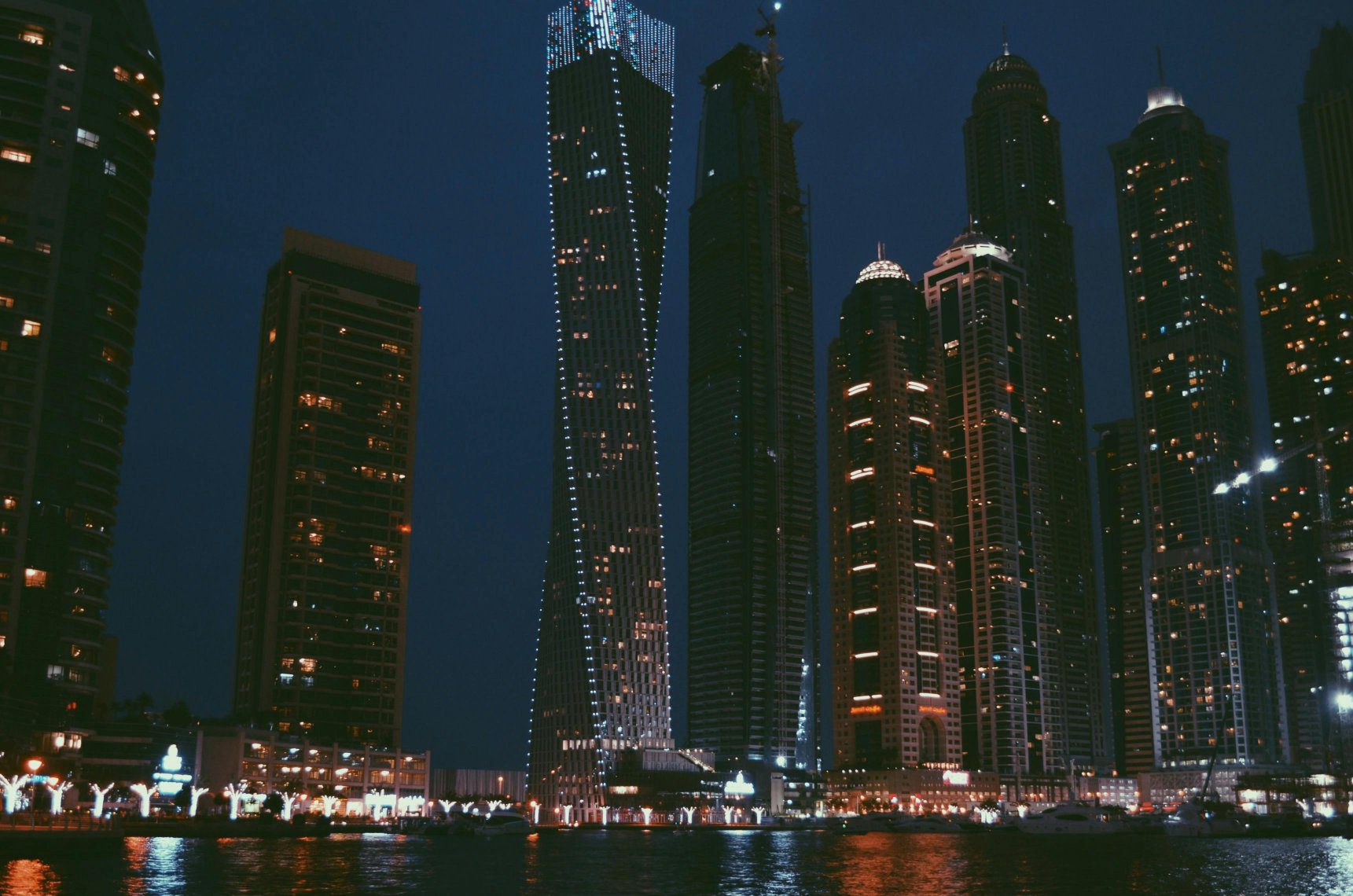Dubai’s tourism boom in 2025, fueled by global events and infrastructure growth, is significantly boosting property investment returns. With a projected population of 3.8 million and millions of annual visitors, areas like Downtown Dubai and Palm Jumeirah are seeing unprecedented rental and capital appreciation. This guide explores how tourism drives ROI in Dubai’s real estate market.
Tourism as a Demand Driver
Dubai’s status as a global tourism hub, amplified by Expo 2020’s legacy and attractions like Burj Khalifa, drives demand for short-term rentals. In 2025, tourist arrivals are expected to surge, boosting occupancy in areas like Dubai Marina (6-7% yields) and Business Bay (7-8% yields). Hotels and serviced apartments in JBR and Emaar Beachfront see near-year-round bookings, with annual rental incomes exceeding AED 100,000 for premium units. This demand enhances both rental yields and property values.
Capital Appreciation from Infrastructure
Tourism-oriented infrastructure like Dubai Creek Tower and Al Maktoum International Airport fuels property appreciation in places like Dubai South (8-10% annually) and Dubai Creek Harbour. The doubling of the population to 7.8 million by 2040 will be planned in accordance with the Dubai 2040 Urban Master Plan, generating long-term demand. Freehold assets like Palm Jumeirah offer 5-7% capital growth and are desirable to investors seeking rental income along with appreciation in 2025.
Short-Term Rental vs. Long-Term Lease
The growth in tourism favors short-term rentals, profiting 15-20% above long-term rentals in premium areas. Dubai Marina’s one-bedroom residence at AED 1.5 million generates AED 90,000-100,000 annually on Airbnb versus AED 70,000 through long-term rentals. Homes worth more than AED 2 million qualify for the Golden Visa, focusing on international investors. RERA-accredited management firms ensure trouble-free operations, garnering highest revenues in 2025’s tourism-driven economy.
Tax-Free and Regulatory Advantages
The tax-exempt nature of Dubai—no capital gains or income tax—enhances returns for investors. Foreign ownership decontrol in freehold neighborhoods like Downtown Dubai and JVC invites investment. Regulatory controls by the DLD ensure transparency, with escrow accounts protecting off-plan investments in Dubai South. These terms, in addition to tourism-driven demand, set the stage for a high-ROI 2025 investing landscape.
Sitting on the Boom
Dubai’s 2025 tourism surge, driven by global appeal and infrastructure, boosts property ROI through high rental yields and capital growth. By targeting tourist-heavy areas and leveraging short-term rentals, investors can maximize returns in a tax-free, high-demand market, making Dubai a top global investment destination.

